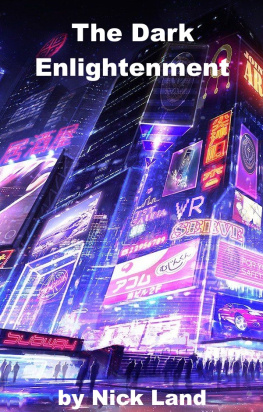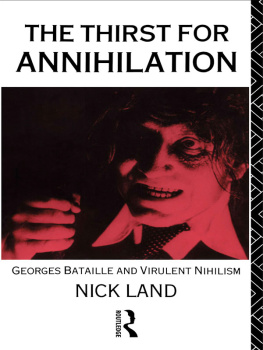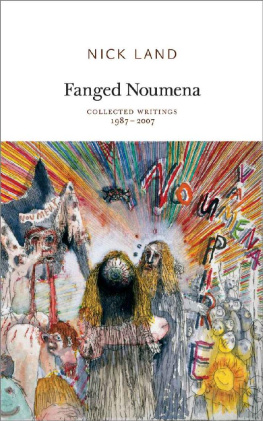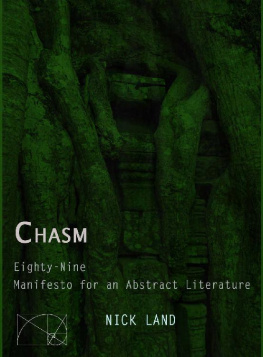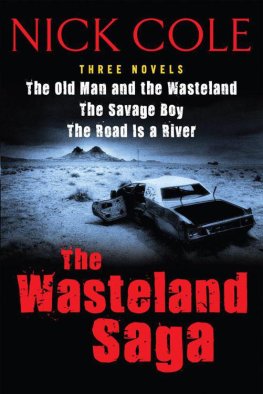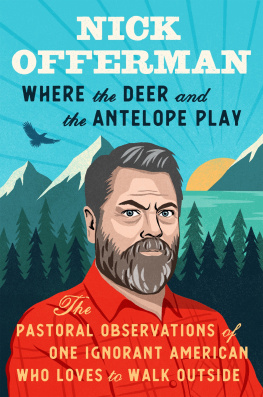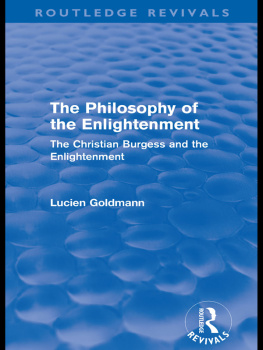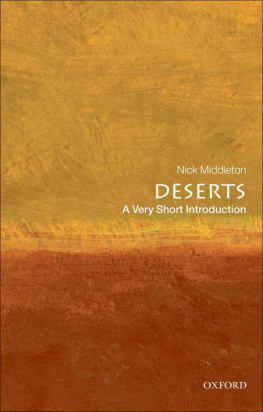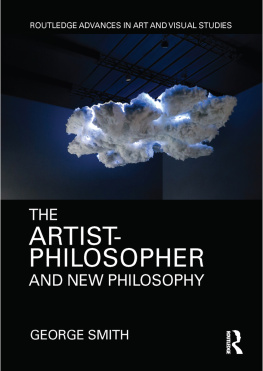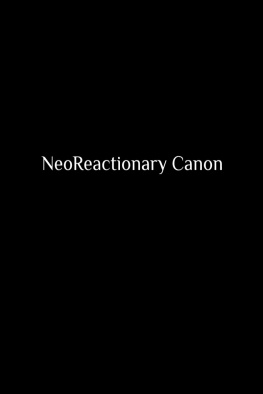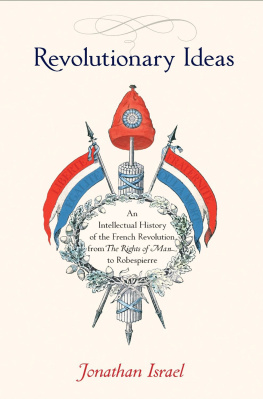The Dark Enlightenment
Nick Land
Part 1: Neo-reactionaries head for the exit
March 2, 2012
Enlightenment is not only a state, but an event, and a process. As the designation for an historical episode, concentrated in northern Europe during the 18th century, it is a leading candidate for the true name of modernity, capturing its origin and essence (Renaissance and Industrial Revolution are others). Between enlightenment and progressive enlightenment there is only an elusive difference, because illumination takes time and feeds on itself, because enlightenment is self-confirming, its revelations self-evident, and because a retrograde, or reactionary, dark enlightenment amounts almost to intrinsic contradiction. To become enlightened, in this historical sense, is to recognize, and then to pursue, a guiding light.
There were ages of darkness, and then enlightenment came. Clearly, advance has demonstrated itself, offering not only improvement, but also a model. Furthermore, unlike a renaissance, there is no need for an enlightenment to recall what was lost, or to emphasize the attractions of return. The elementary acknowledgement of enlightenment is already Whig history in miniature.
Once certain enlightened truths have been found self-evident, there can be no turning back, and conservatism is pre-emptively condemned predestined to paradox. F. A. Hayek, who refused to describe himself as a conservative, famously settled instead upon the term Old Whig, which like classical liberal (or the still more melancholy remnant) accepts that progress isnt what it used to be. What could an Old Whig be, if not a reactionary progressive? And what on earth is that?
Of course, plenty of people already think they know what reactionary modernism looks like, and amidst the current collapse back into the 1930s their concerns are only likely to grow. Basically, its what the F word is for, at least in its progressive usage. A flight from democracy under these circumstances conforms so perfectly to expectations that it eludes specific recognition, appearing merely as an atavism, or confirmation of dire repetition.
Still, something is happening, and it is at least in part something else. One milestone was the April 2009 discussion hosted at Cato Unbound among libertarian thinkers (including Patri Friedman and Peter Thiel) in which disillusionment with the direction and possibilities of democratic politics was expressed with unusual forthrightness. Thiel summarized the trend bluntly: I no longer believe that freedom and democracy are compatible.
In August 2011, Michael Lind posted a democratic riposte at Salon, digging up some impressively malodorous dirt, and concluding:
The dread of democracy by libertarians and classical liberals is justified. Libertarianism really is incompatible with democracy. Most libertarians have made it clear which of the two they prefer. The only question that remains to be settled is why anyone should pay attention to libertarians.
Lind and the neo-reactionaries seem to be in broad agreement that democracy is not only (or even) a system, but rather a vector, with an unmistakable direction. Democracy and progressive democracy are synonymous, and indistinguishable from the expansion of the state. Whilst extreme right wing governments have, on rare occasions, momentarily arrested this process, its reversal lies beyond the bounds of democratic possibility. Since winning elections is overwhelmingly a matter of vote buying, and societys informational organs (education and media) are no more resistant to bribery than the electorate, a thrifty politician is simply an incompetent politician, and the democratic variant of Darwinism quickly eliminates such misfits from the gene pool. This is a reality that the left applauds, the establishment right grumpily accepts, and the libertarian right has ineffectively railed against. Increasingly, however, libertarians have ceased to care whether anyone is pay[ing them] attention they have been looking for something else entirely: an exit.
It is a structural inevitability that the libertarian voice is drowned out in democracy, and according to Lind it should be. Ever more libertarians are likely to agree. Voice is democracy itself, in its historically dominant, Rousseauistic strain. It models the state as a representation of popular will, and making oneself heard means more politics. If voting as the mass self-expression of politically empowered peoples is a nightmare engulfing the world, adding to the hubbub doesnt help. Even more than Equality-vs-Liberty, Voice-vs-Exit is the rising alternative, and libertarians are opting for voiceless flight. Patri Friedman remarks: we think that free exit is so important that weve called it the only Universal Human Right.
For the hardcore neo-reactionaries, democracy is not merely doomed, it is doom itself. Fleeing it approaches an ultimate imperative. The subterranean current that propels such anti-politics is recognizably Hobbesian, a coherent dark enlightenment, devoid from its beginning of any Rousseauistic enthusiasm for popular expression. Predisposed, in any case, to perceive the politically awakened masses as a howling irrational mob, it conceives the dynamics of democratization as fundamentally degenerative: systematically consolidating and exacerbating private vices, resentments, and deficiencies until they reach the level of collective criminality and comprehensive social corruption. The democratic politician and the electorate are bound together by a circuit of reciprocal incitement, in which each side drives the other to ever more shameless extremities of hooting, prancing cannibalism, until the only alternative to shouting is being eaten.
Where the progressive enlightenment sees political ideals, the dark enlightenment sees appetites. It accepts that governments are made out of people, and that they will eat well. Setting its expectations as low as reasonably possible, it seeks only to spare civilization from frenzied, ruinous, gluttonous debauch. From Thomas Hobbes to Hans-Hermann Hoppe and beyond, it asks: How can the sovereign power be prevented or at least dissuaded from devouring society? It consistently finds democratic solutions to this problem risible, at best.
Hoppe advocates an anarcho-capitalist private law society, but between monarchy and democracy he does not hesitate (and his argument is strictly Hobbesian):
As a hereditary monopolist, a king regards the territory and the people under his rule as his personal property and engages in the monopolistic exploitation of this property. Under democracy, monopoly and monopolistic exploitation do not disappear. Rather, what happens is this: instead of a king and a nobility who regard the country as their private property, a temporary and interchangeable caretaker is put in monopolistic charge of the country. The caretaker does not own the country, but as long as he is in office he is permitted to use it to his and his protgs advantage. He owns its current use usufruct but not its capital stock. This does not eliminate exploitation. To the contrary, it makes exploitation less calculating and carried out with little or no regard to the capital stock. Exploitation becomes shortsighted and capital consumption will be systematically promoted.
Political agents invested with transient authority by multi-party democratic systems have an overwhelming (and demonstrably irresistible) incentive to plunder society with the greatest possible rapidity and comprehensiveness. Anything they neglect to steal or leave on the table is likely to be inherited by political successors who are not only unconnected, but actually opposed, and who can therefore be expected to utilize all available resources to the detriment of their foes. Whatever is left behind becomes a weapon in your enemys hand. Best, then, to destroy what cannot be stolen. From the perspective of a democratic politician, any type of social good that is neither directly appropriable nor attributable to (their own) partisan policy is sheer waste, and counts for nothing, whilst even the most grievous social misfortune so long as it can be assigned to a prior administration or postponed until a subsequent one figures in rational calculations as an obvious blessing. The long-range techno-economic improvements and associated accumulation of cultural capital that constituted social progress in its old (Whig) sense are in nobodys political interest. Once democracy flourishes, they face the immediate threat of extinction.

